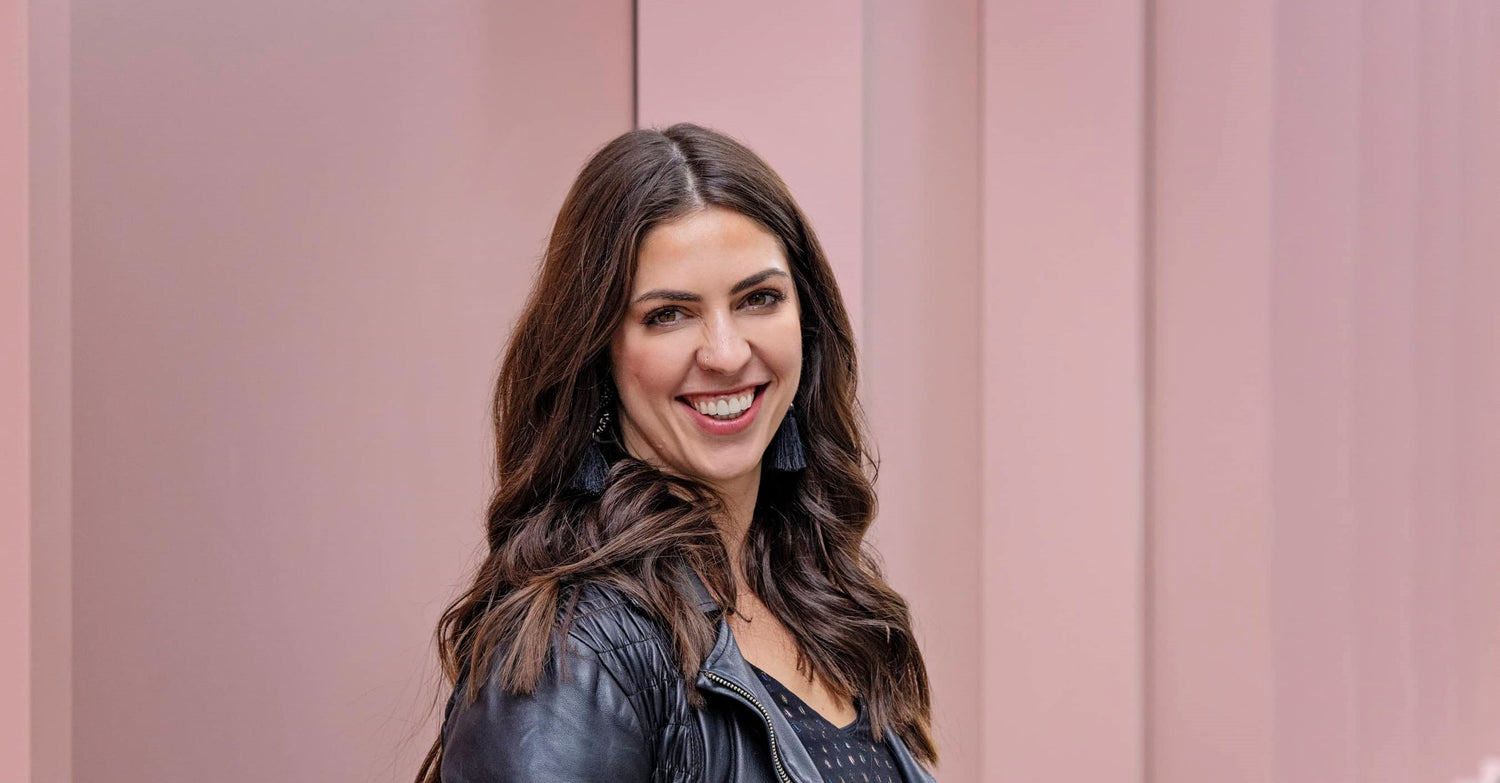We’ve all done it. We’ve all picked a date in the diary, be it the first of Jan, the first of a month, or a Monday, as the day we will begin a new thing. Maybe you’re pledging to start a new exercise routine or stop an old habit that has been holding you back somehow. But how come so many of our good intentions fall by the wayside despite our best efforts? Anna Mathur explains...
As a Psychotherapist, I am passionate about supporting people in forming good, and realistic routines and habits in their lives. I’m going to tell you how to create habits that actually last, but first, have a think about whether you’ve fallen into any of these five habit traps:
- The goals we set are often big and unsustainable.
- We adopt an ‘all or nothing’ mentality, with little to no contingency for error.
- Something is stopping us approaching the change wholeheartedly.
- We lack support and accountability.
- We aren’t implementing the new habit in a way that fits best for us.
Hold in mind one new habit you’d benefit from, and work through these five steps. Not long ago, I recognised that my daily headaches were due to dehydration, so I pledged to drink more water. I am going to use this as an example to show you how these 5 steps work.
1. Create a realistic goal
It can be tempting to go-big when instilling a new habit, yet the most sustainable way to change or start a habit, is to do the exact opposite. Start small. Break your goal down into small steps and take the first. Once this little step has become a part of your routine, then build upon it.
I heard a phrase that said ‘hydrate before you caffeinate’, and it spurred me to start by drinking a big glass of water in the morning before heading to the coffee machine. I’d build up from there in time.
2. Expect change to be a bumpy ride
When we expect ourselves to get it right 100% of the time, we are likely to experience feelings of failure when things go awry. Adopt a ‘more of the time, not all of the time’ mentality. Look back over a week and feel encouraged that your new habit is happening more often than when you started.
One busy day at work, I totally forgot to drink water and felt the familiar headache return. Instead of getting cross with myself, I drank some water and got back on track.
3. Be wholehearted
Write down the reasons you want to change the habit. Truly get your teeth into your ‘why’. Then write down the costs of not making this change. Where will you be in a month or a year if you do or don’t implement this habit? Do you believe that you deserve the good things that will come with this shift?
I don’t want these headaches, and I don’t want to keep giving myself the message that I’m not deserving of hydration. If I don’t drink water, they will worsen and potentially impact other parts of my body. If I do, I’ll get to a place where I naturally seek water when I’m thirsty.
4. Seek an accountability buddy
We are far more likely to stick to a habit if we verbalise our goal and accept support along the way. Whether you speak to a friend, family member or relevant professional, having someone to check in on how you’re doing can be incredibly helpful. You may even find someone who shares your goal.
I asked my partner to remind me to drink water if he saw me reaching for a tablet or heard me complaining of a headache.
5. Slot it into routine
Us humans are creatures of routine and habit. The predictability of routine makes us feel safe. Think about how you might ‘stack’ your new habit alongside something you already do, that can act as a reminder, and in time, you’ll be doing it without having to be quite as intentional as you are now.
I always grab my milk from the fridge for my coffee first thing in the morning. I am going to put a bottle of water in the fridge the night before so that I will be reminded to start the day as I mean to go on – hydrated.
As you seek better habits, don’t forget, it’s normal to revert to your…normal! Therefore of course it takes time for a fresh, new habit to become your new normal. Do you know that if you were to nudge the flight path of a plane a single degree, it could end up on a different continent? Isn’t that amazing? Therefore, these seemingly small habit changes, could have a huge impact in time. Keep going.


